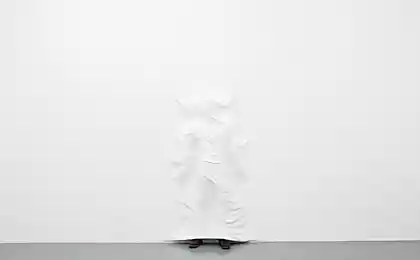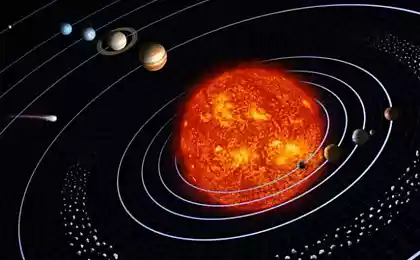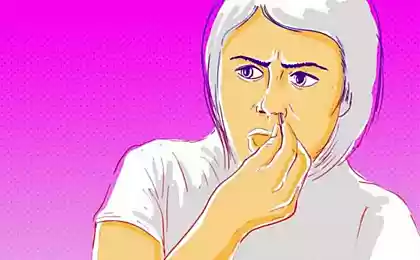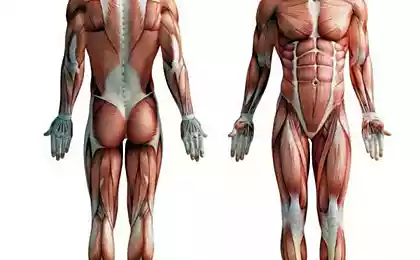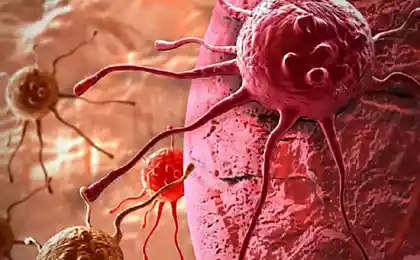657
Scientists still do not know why people hesitate, laughing, kissing and scratching his nose
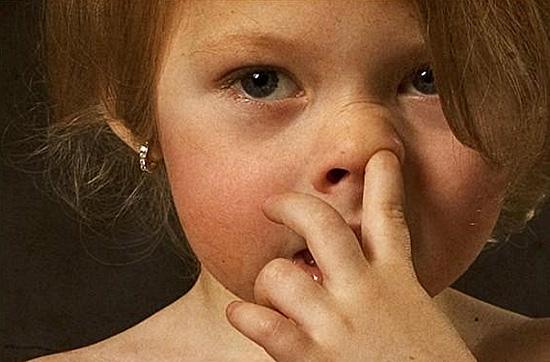
Scientists were able to split the atom, of landing a man on the moon and study the structure of DNA, but there are still, at first glance, the simplest manifestation of human behavior, that the minds of the world can not solve. Top 10 of these mysteries was the scientific journal New Scientist.
The list of scientific mysteries were daily manifestations of human emotions, the origin of which scientists still can not fully explain. From the article with the phrase "There is nothing more mysterious than we are," the authors begin their ratings with such thing as embarrassment. Attempts to explain why we blush when we get into an awkward situation has made even Charles Darwin, but still have the exact answer to this question does not exist. According to some, the paint in the face helps to smooth out the bumps of communication and encourages some imnost Ying *, as a signal of weakness.
In second place is human laughter, and the release of endorphins - the hormones of joy. Studies have not been able to determine what causes people to laugh, because sometimes the most banal comments cause more positive emotions than jokes.
Completing the top three kisses, the occurrence of which can not be explained genetically, as not all human societies use them.
Maybe kissing arise as a memory of feeding the GRU * yu, and ancient people nurse their offspring and did mouth to mouth. Thus it is possible, and there was a strange sense of connection between the saliva and pleasure.
Scientists scratching their heads over and dreams, the study of which has devoted his life to Sigmund Freud. However, his theory of the unconscious, embodied in dreams, has been widely criticized, and the researchers found that dreams help us cope with emotions. Yet no one could answer the question of why we sometimes see strange visions when we sleep.
Remained unsolved as superstition, "awkward age", altruism, scratching his nose, hair growth on the body and art.
Source: top.rbc.ru
via factroom.ru












